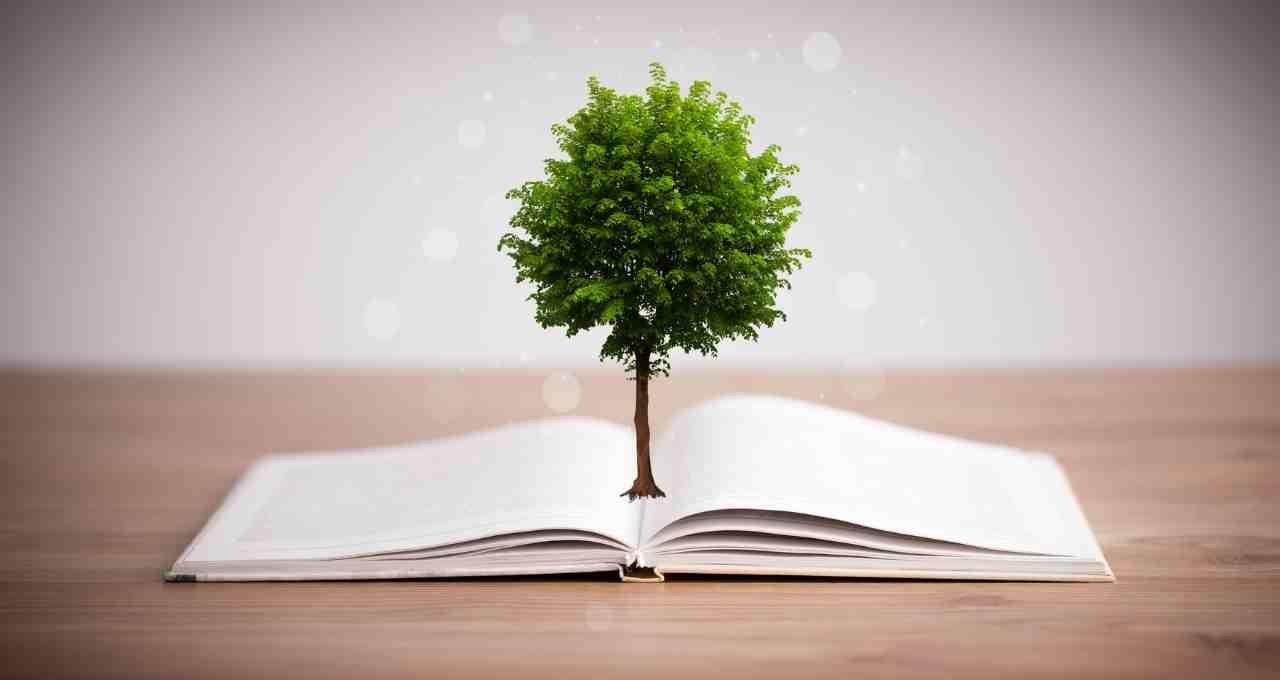Knowledge is a broad term that refers to the understanding of facts, concepts, and skills. It can be acquired through experience, education, or study. Knowledge is essential for human survival and well-being. It allows us to make informed decisions, solve problems, and adapt to new situations.
There are many different types of knowledge, including:
- Factual knowledge: This is knowledge of facts and information, such as the capital of France or the date of the American Revolution.
- Procedural knowledge: This is knowledge of how to do things, such as how to ride a bike or solve a math problem.
- Conceptual knowledge: This is knowledge of concepts and ideas, such as the theory of gravity or the concept of democracy.
- Metacognitive knowledge: This is knowledge about our own knowledge and learning, such as how we learn best or how to identify our strengths and weaknesses.
Knowledge is stored in the brain in a variety of ways. Some knowledge is stored explicitly, meaning that we can consciously access and recall it. Other knowledge is stored implicitly, meaning that we use it without being consciously aware of it.
Knowledge is constantly evolving. As we learn new things and have new experiences, our knowledge base grows and changes. This allows us to adapt to new situations and make better decisions.
Why is Knowledge Important?
Knowledge is important for a number of reasons. It allows us to:
- Make informed decisions: Knowledge is essential for making informed decisions in all areas of our lives, from choosing a career to voting in an election.
- Solve problems: Knowledge helps us to solve problems and overcome challenges. For example, if we know how to fix a leaky faucet, we can avoid having to call a plumber.
- Adapt to new situations: Knowledge helps us to adapt to new situations and learn new things. For example, if we know how to use a computer, we can easily learn a new software program.
- Improve our lives: Knowledge can help us to improve our lives in many ways. For example, knowledge about nutrition and exercise can help us to stay healthy and fit. Knowledge about finance can help us to manage our money wisely. Knowledge about history and current events can help us to be more informed citizens.
How to Acquire Knowledge
There are many different ways to acquire knowledge. Some of the most common ways include:
- Experience: We learn through experience by interacting with the world around us. For example, we learn how to ride a bike by practicing.
- Education: We learn through education by taking classes, reading books, and watching documentaries.
- Study: We learn through study by focusing on a particular topic and researching it thoroughly.
Challenges to Acquiring Knowledge
There are a number of challenges to acquiring knowledge. Some of the most common challenges include:
- Information overload: There is a vast amount of information available in the world today. It can be difficult to know where to start and how to identify reliable sources of information.
- Confirmation bias: Confirmation bias is the tendency to seek out information that confirms our existing beliefs. This can make it difficult to learn new things and to challenge our assumptions.
- False information: There is a lot of false information available in the world today. It can be difficult to identify and avoid false information.
Tips for Acquiring Knowledge
Here are a few tips for acquiring knowledge:
- Be curious: Ask questions and explore different topics.
- Be critical: Don’t accept everything you hear or read at face value. Evaluate information carefully and consider the source.
- Be open-minded: Be willing to learn new things and to challenge your existing beliefs.
- Be persistent: Acquiring knowledge takes time and effort. Don’t give up if you don’t understand something right away.
Conclusion
Knowledge is essential for human survival and well-being. It allows us to make informed decisions, solve problems, and adapt to new situations. There are many different ways to acquire knowledge, but it is important to be critical and open-minded. By following the tips above, you can become a more knowledgeable and well-rounded person.

